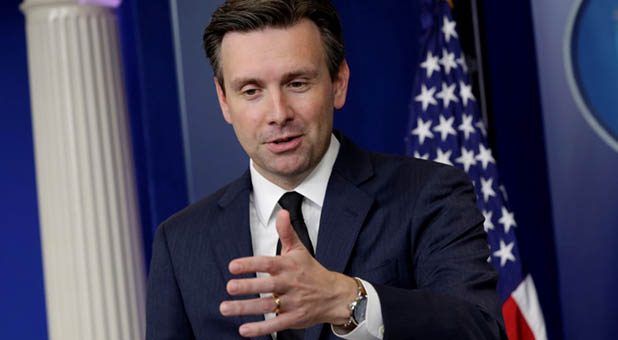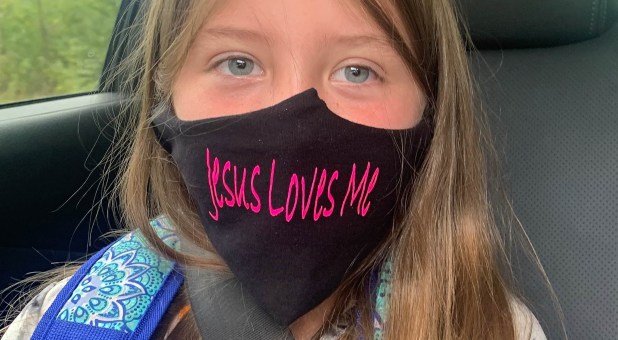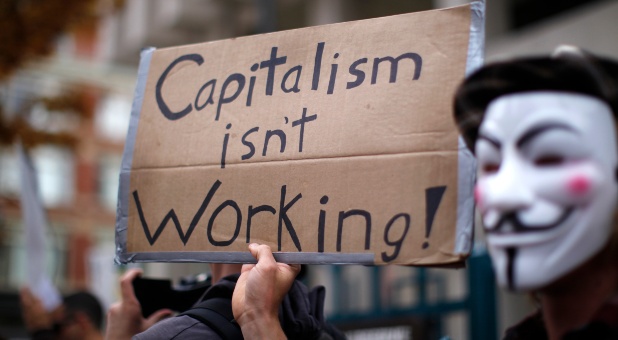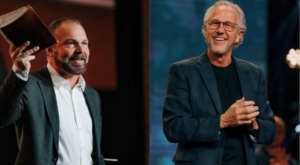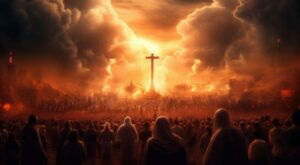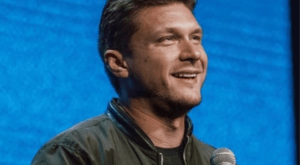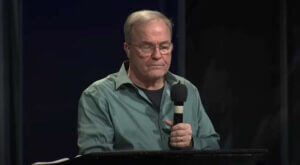During Monday’s daily press briefing, White House Press Secretary Josh Earnest effectively told World War II veterans who may be angry that Japanese Prime Minister Shinzo Abe will visit Pearl Harbor without offering an apology they should get over it.
Wednesday is the 75th anniversary of the Japanese sneak-attack bombing of the U.S. naval base at Pearl Harbor, which claimed the lives of 2,403 Americans and injured 1,178 others. Pressed about why the meeting, which will take place later this month, is happening, Earnest said:
Well, listen, obviously the decision by Prime Minister Abe to travel to Pearl Harbor is a decision that he made, and he issued a statement today indicating that is he hopeful that his visit will be an indication of how adversaries have an opportunity to reconcile their differences and pursue a peaceful future together as allies. That’s certainly what happened between the United States and Japan. And there are presidents in both parties that have sought to advance those shared goals, and certainly Japanese prime ministers in a variety of parties that have sought to advance those shared goals. I know that Prime Minister Abe also indicated his desire to travel to Pearl Harbor as a show of respect for those who died on that day.
So, look, President Obama visited Hiroshima earlier this year. It was a powerful image seeing the American president and the Japanese prime minister standing side by side in that city. And I would expect that seeing the Japanese prime minister and the American president standing side by side in Pearl Harbor, at the memorial of the USS Arizona, just a couple of weeks after the 75th anniversary of that attack, I think will be similarly powerful. And I think it is just one more occasion for us to remember the substantial sacrifice and the remarkable patriotism of the greatest generation of Americans.
President Obama’s grandfather played an important role in World War II in terms of signing up to fight for his country and remembering that greatest generation of Americans, his grandfather is obviously at the forefront of his mind. But millions of Americans, I think, certainly can spend some time this week remembering the remarkable contribution and the remarkable sacrifice that millions of Americans made to ensure that the United States emerge victorious from World War II.
Pressed further about the arrangements surrounding Abe’s upcoming visit, Earnest said:
Well, listen, there had always been a number of conversations between the U.S. president and the prime minister of Japan about the symbolic value of an American presidential visit to Hiroshima. And I know there had been discussions previously about the Japanese prime minister visiting Pearl Harbor, as well. I think if the two were directly linked, they probably would have been announced simultaneously, but they were not. But, look, there have always been discussions about these important symbolic gestures, and there’s no downplaying the significance of the Japanese prime minister’s decision to visit Pearl Harbor just three weeks after the 75th anniversary of the attacks there.
Finally, he became engaged in a back-and-forth with The New York Times‘ Gardiner Harris about how American military veterans, particularly those who served in World War II, would see the visit. It went down something like this:
Harris: Josh, when the Prime Minister from Japan comes to the Pearl Harbor Memorial—one of the reasons this hasn’t happened for so long is the Japanese don’t feel that they have anything to apologize for generally. They feel that the attack grew out of the oil embargo and all this. So how are veterans’ groups going to react with Abe showing up and just sort of bowing but no apology? Is there not going to be an apology? And how do you think that’s going to play in the United States? Because from the United States’ point of view, of course, the Pearl Harbor attack was completely unjustified and a total surprise, and an act of total violence and war that was, from our perspective—there is no justification for it whatsoever.
So, I mean, this was obviously a problem when the President went to Hiroshima—there were people in Japan who believed the United States shouldn’t have dropped the atomic weapon; we don’t feel that way. So how is this going to play out?
Earnest: Well, listen, I don’t want to prejudge at this point what Prime Minister Abe may choose to say when he visits Pearl Harbor. I think that most Americans would warmly receive the sentiment that he expressed in his statement earlier today. He indicated that he will visit Pearl Harbor, together with President Obama, to “mourn the souls of the victims.” He continued saying, “I would like to express my resolve toward the future that the tragedy of wars should never be repeated again. At the same time, I’m hoping to make it an opportunity to send out a message about the value of reconciliation between Japan and the United States.”
So again, I think the kind of sentiment that’s being expressed by the prime minister of Japan is one that would be warmly received by most Americans. But, obviously, the benefits of a visit like this is it displays the kind of opportunity that lies for America’s future, that lies ahead.
Not long ago, within the lifetime of many Americans, the United States and Japan were at war. And hundreds of thousands, if not millions, of our citizens were killed in that war. And 70 years later, the United States and Japan actually have formed an alliance that has benefited both our countries and our national security and our economy. And I think this visit further underscores the benefits of pursuing peace and reconciliation.
Harris: But you don’t think people are going to sort of see the guy coming from a country that caused the deaths to occur saying simply, “Well, we’ll mourn the deaths, but I’m not going to say that I even feel bad about causing the deaths?”
Earnest: Listen, I can’t speak for every single American and how they will respond to or react to this particular situation. If I were a World War II veteran who was drafted by the United States military to go and fight for our country overseas in the aftermath of the Pearl Harbor attack, I might feel quite embittered. And I think it would be a perfectly natural and understandable human reaction to not be particularly satisfied with the words of the Japanese Prime Minister.
But I think the thing that we know about the greatest generation of Americans is they’re anything—well, let me say it this way. This greatest generation of Americans, I think we take a risk if we underestimate their patriotism and their capacity to set aside their own personal interests and prioritize the ambition and opportunity of the American people.
And so, yes, there may be some who feel personally embittered. But I’m confident that many will set aside their own personal bitterness, not because they’re personally satisfied by the words of the prime minister, but because they recognize how important this moment is for the United States. And that’s certainly why they qualify to be described as the greatest generation.
And there you have it. The “voice” of the president of the United States telling surviving World War II veterans who might feel bitter about the Japanese prime minister visiting Pearl Harbor without so much as an apology to “set it aside” for their country. {eoa}
See an error in this article?
To contact us or to submit an article


